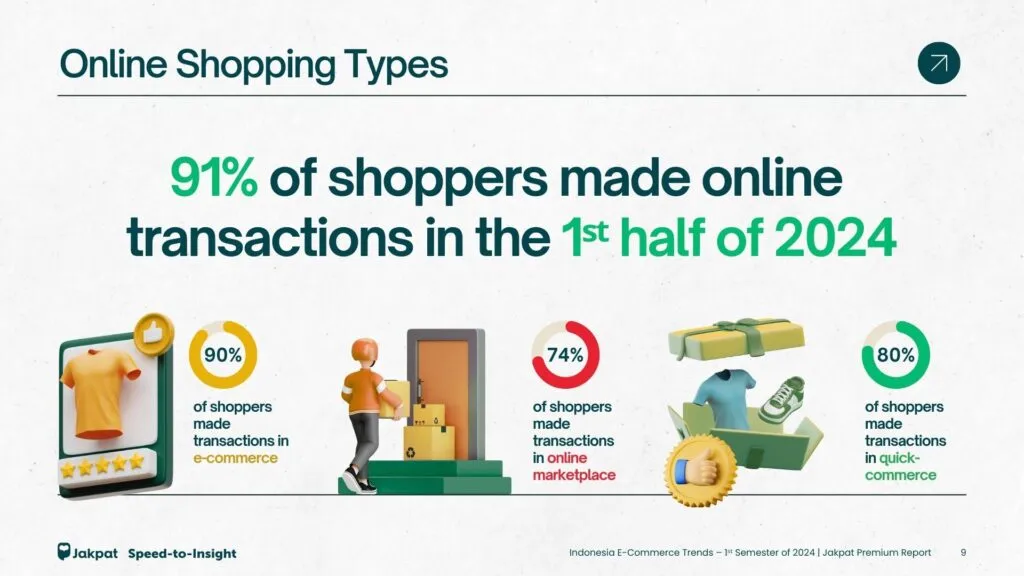Indonesia’s e-commerce sector has grown at breakneck speed. From $25 billion just a few years ago, the country’s gross merchandise value (GMV) hit $62-65 billion in 2023. By 2030, it could soar to $220-360 billion, driven by mobile-first consumers, expanding fintech adoption, and increasing digital access.

But as this digital economy explodes, so does the pressure on the government to ensure that its tax system keeps up. That’s where the Indonesia e-commerce tax reform comes in. Let's take a closer look!
Regulation No. 37/2025: A New Era for Online Sellers
Starting July 14, 2025, Indonesia will implement Regulation No. 37/2025, which formalizes the requirement for digital platforms—like Shopee, Tokopedia, Lazada, and Blibli—to collect a 0.5% final income tax from sellers earning up to IDR 4.8 billion annually (roughly $295,000-$347,000). Sellers above that threshold will be subject to standard VAT and income tax rates.
This change aims to widen the tax base and reduce reliance on a shrinking pool of large taxpayers. With state revenue down 11.4% year-on-year (January-May 2025), the government is counting on digital taxation to close the gap.
Indonesia E-commerce Tax: Platforms and MSMEs Brace for Impact
The policy affects millions of MSMEs operating through online platforms. While 0.5% may seem modest, for low-margin sellers, it’s significant. For instance, a business with a 5% profit margin could lose up to 10% of its profits due to this tax.
Still, optimism remains. Even with new burdens, Indonesia’s e-commerce market is forecast to triple in value by the end of the decade. The long-term payoff may outweigh the growing pains.
Read Also: Why Indonesia Gen Z Consumer Behavior Shapes the Digital Economy
Compliance in the Digital Age
To remain compliant, sellers must register with tax authorities, submit a Tax ID (NPWP) to platforms, and stay updated on regulatory changes. In return, platforms must withhold and remit taxes and provide transaction reports to the Directorate General of Taxes.
This process adds administrative burdens to platforms, especially given the high seller volume and challenges integrating with government systems.
Yet, with 67% of e-commerce transactions now via smartphones and e-wallet transactions totaling IDR 407 trillion in 2023, platforms are well-positioned to integrate tax automation and scale compliance digitally.
Read Also: AI and Indonesia Digital Economy Growth Soar to Turn Heads
A Glimpse Into the Future
Indonesia’s e-commerce boom is far from over. With over 60% internet penetration, untapped markets in Tier 2 and 3 cities, and improved digital infrastructure, the growth trajectory is strong.
However, tax regulation will become increasingly complex. As the sector matures, further reforms, possibly around digital cross-border transactions or AI-driven reporting, are likely. Sellers and platforms must evolve alongside.
Indonesia E-commerce Tax: Opportunity Meets Obligation
The Indonesia e-commerce tax represents more than just a new levy. It signals a maturing market balancing growth with governance. While compliance brings challenges, it also enhances credibility, strengthens the tax base, and supports a more sustainable digital economy. For sellers, it’s a wake-up call to formalize. For platforms, it’s a push to innovate. For Indonesia, it’s a turning point—one where digital prosperity and responsible regulation must go hand in hand.







